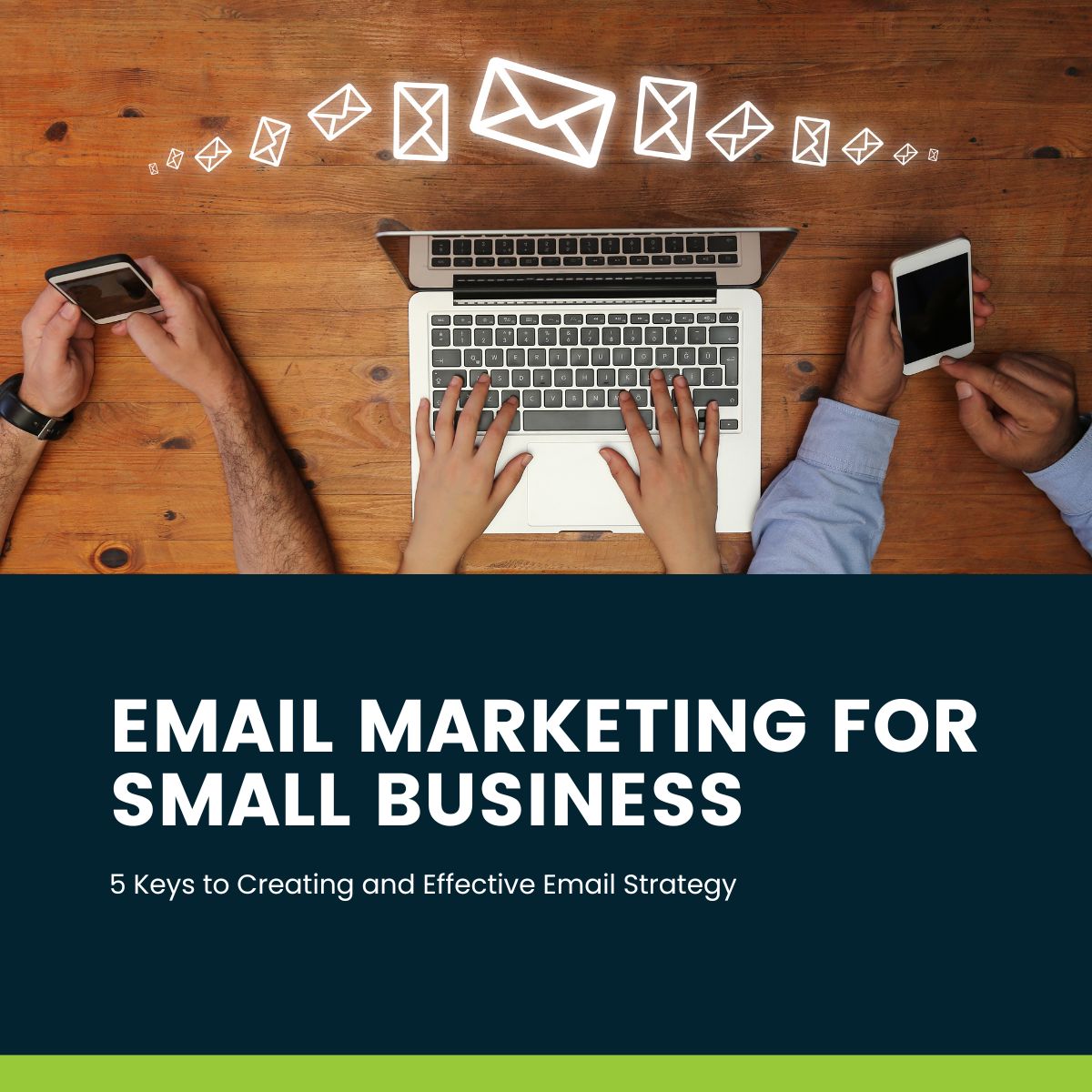5 keys to creating an effective email marketing strategy
In my recent marketing audits for small business clients, a common theme has emerged. They have hundreds, if not thousands, of client contacts but are not utilizing email for marketing. This represents a missed opportunity, as email marketing has shown to have a substantial return on investment. Studies consistently demonstrate that email marketing is significantly more effective than social media. Despite this, many of my small business clients focus on social media for brand awareness and lead generation.
Most small businesses possess a database of past and current clients who have already engaged with the business in one way or another. These individuals have shown interest or trust in your product or service. Ignoring the potential to reconnect and encourage repeat business or referrals through email marketing is a missed opportunity.
Crafting an Effective Email Marketing Strategy
Email marketing provides a special chance to maintain and improve relationships with clients who are already familiar with your brand. It is also an effective way to educate new customers about your brand. When used properly, email can be an effective tool to engage and sell. Ultimately, it’s about staying top of mind with your clients and contacts so that when they need your services or products, your business is the first one they think of.
Creating a robust email marketing strategy requires more than just sending out blast emails to everyone in your database. Start with these key steps in crafting your email strategy.
- Segment your audience: Group your contacts based on various criteria such as purchase history, level of engagement, and demographic data.
- Plan your email calendar: Determine the frequency of emails. This could vary between segments; for instance, frequent shoppers might receive weekly updates, while subscribers might get monthly newsletters.
- Diversify your content: Plan a mix of content types, from informative articles, and updates about new products or services, to exclusive offers and promotions.
- Personalize for engagement – One often overlooked critical element is the power of personalization. Tailoring your emails to match the interests of your customers can significantly increase engagement rates. This involves more than just addressing your customer by their first name; it means segmenting your emails to offer tailored content that feels specially crafted for them.
- Create an intriguing subject line – Given the short attention spans nowadays, it’s crucial to pique your readers’ curiosity and motivate them to open your email in a crowded inbox. It’s best practice to limit your subject lines to 60 characters and 9 words or less. Generating a sense of urgency in the subject line can boost engagement.
- Craft a compelling call to action: Always include a clear, concise call to action. What do you want the recipient to do after reading your email? Whether it’s buying a product, attending an event, or simply visiting your website for more information, make it clear and straightforward.
Optimize email performance
For any marketing effort, it’s crucial to measure its effectiveness in driving desired business outcomes. This holds especially true for email marketing. Start by setting clear objectives and goals for your email marketing strategy, such as target engagement rates for clicks and opens. Ultimately, your goal should be to drive website engagement and increase sales through your email campaigns.
That’s where email marketing platforms such as Mailchimp, Constant Contact, or ActiveCampaign come in. These platforms are not only for sending emails; they play a crucial role in enhancing your email strategy. Using an email marketing platform can significantly enhance your email marketing campaigns and save you a considerable amount of time.
Here’s how they can help:
- See what works: These platforms track your email performance, showing you what gets the most attention. They also allow you to test what works best, to ensure you know what to change to keep engagement high.
- Stay compliant: These platforms stay updated on the latest email regulations to ensure you are always in compliance.
- Get expert advice: They provide tips and best practices for enhancing your entire email strategy, including optimized send times, suggested subject lines, and a call-to-action checker.
- Automate your emails: Reach your audience at the perfect time with automated emails, allowing you to deliver your message to contacts at the most effective time in their purchasing journey.
For small businesses, email marketing provides a cost-effective way to improve customer and client relationships, boost sales, and build brand loyalty. Each email presents an opportunity to provide value and remind current clients why they initially chose your business.
